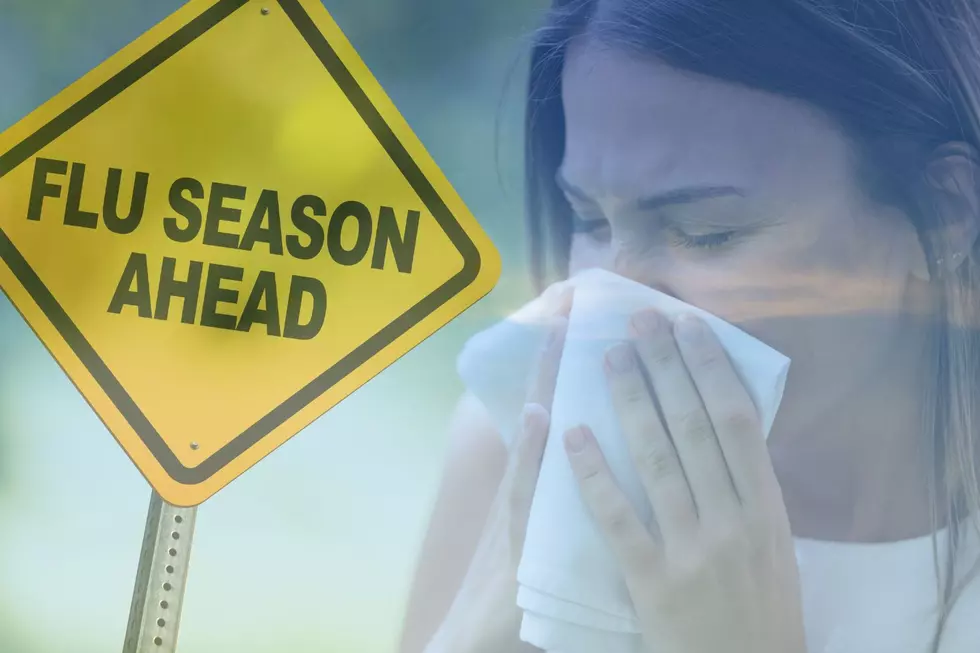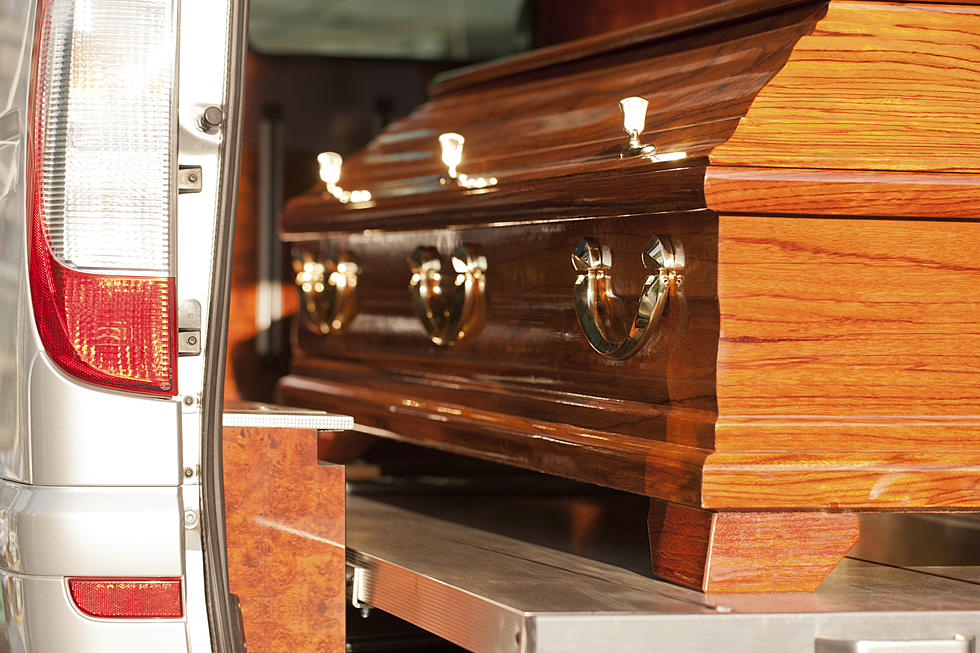
Wyoming Legislature Convenes Special Session to Allocate $1.25B in COVID-19 Relief Funds
The Wyoming Legislature convened its first special session in 14 years on Friday to deal with the economic fallout and subsequent reopening of businesses and other establishments in the state in the wake of the COVID-19 pandemic.
Gov. Mark Gordon called for the special session on May 8. Some legislators met meeting in the state Capitol, but most met by video conference.The State Constitution grants the Legislature 20 days for special session time, and the next special session probably will be convened in late June.
In a statement from Gordon read by the clerks of both houses, the governor recounted the health threat of the highly contagious coronavirus, the devastating economic impact of shuttering most businesses and public establishments coupled with the crash of the oil and gas industries.
On March 11, the Wyoming Department of Health reported the first confirmed case of coronavirus just days after the Legislature adjourned a brutal budget session.
Two days later, Gordon signed an executive order declaring a state of emergency and subsequent orders to slow the spread of the coronavirus, which in turn led to layoffs and business closures.
Many of the restrictions are being lifted Friday, but that won't immediately bring back the demand for Wyoming's commodities, minerals and energy, nor restore tourism, he said.
Meanwhile, Congress passed and President Donald Trump signed the from the Coronavirus Aid, Relief, and Economic Security (CARES) Act, of which Wyoming received $1.25 billion, the largest per capita share of any state, Gordon said.
"Although the monies coming to Wyoming are prodigious and the needs of our state and her people are extensive, the strictures of the bill are complicated and the resulting scrutiny on how those funds will be expended will no doubt be excruciating," he said.
Using his authority granted by the Wyoming Constitution, Gordon called the special session to apportion the CARES Act funds. "We must be thoughtful and attentive in our use of these funds, and we must remain focused on our goal of providing budgetary flexibility because some needs have not yet revealed themselves."
To that end, five bills were introduced in the House and Senate after both houses approved the rules for the session expected to conclude on Saturday.
Legislators worked on these bills for several weeks as the state has grappled with the pandemic and the economic fallout with Gordon's and Wyoming Department of Health's executive order and directives.
Three mirror bills were sponsored by the bipartisan Management Council:
-- House Bill and Senate File 1001 address how the governor will allocate the CARES Act funding. It identifies four classifications of needs: Emergency response to create limited programs to combat COVID-19; relief aid to state and local programs for businesses, families and individuals; economic development projects in to provide employment for residents affected by the state shut-down; and assistance to state and local governments to provide critical services.
-- HB and SF 1002 address unemployment benefits; agreements with the federal government about spending federal funds; programs to avoid the eviction of needy renters; amending the unemployment compensation program; workers' compensation program changes; and providing additional authority to the governor.
-- HB and SF 1003 address emergency funding for government expenses; temporarily amending the way school districts are funded; and providing for the carryover and re-appropriation of certain funds.
The Joint Minerals, Business & Economic Development Committee sponsored HB and SF 1004, which lay out the procedures to distribute $50 million of federal funds through the Wyoming Business Council to businesses -- pending applications -- with 100 or fewer employees.
Those bills passed first reading by early Friday afternoon. Senate President Drew Perkins, R-Natrona County, said the Senate needed to pass the bills on third reading by the end of the day, even if that means 1 a.m. Saturday.
However, on Thursday evening, Sen. Dave Kinskey, R-Sheridan and Johnson counties, and Reps. Richard Tass, R-Johnson and Sheridan counties and David Miller, R-Fremont County submitted HB and SF 1005 to indemnify businesses from coronavirus-related lawsuits.
HB and SF 1005 needed approval by the Senate and the House to be introduced, but in the Senate at least, some members objected saying they needed to go through the Judiciary Committee.
The Senate approved the introduction on a 21-9 vote.

10 Absolute WORST Tourist Incidents at Yellowstone National Park
NEXT UP: 10 Absolute WORST Tourist Incidents at Yellowstone National Park
More From KOWB 1290









